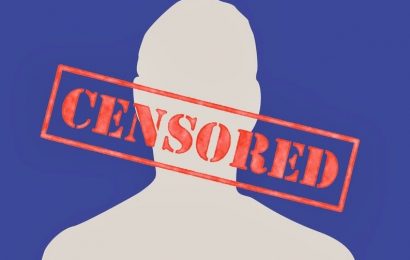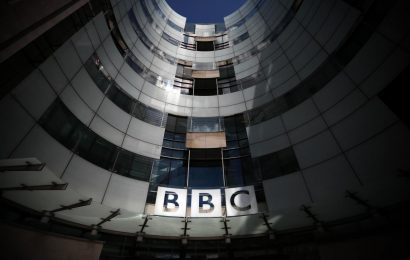While threats against the US are deleted, for ordinary people it is a different story
Loads of internal documents leaked from Facebook, revealing regulations of the social media giant that Facebook may not want people to know.
Some of the rules that leaked out cover nudity, violence, and threats. These are all the things that Facebook security has been accused of closing an eye on in the past.
On this matter, while a threat to kill the President of the USA would be deleted as soon as possible, similar words against ordinary people would not benefit from the same fast reaction. Moreover, it would only be credible once further comments show signs of a plot.
“Facebook is not a traditional technology company. It’s not a traditional media company. We build technology, and we feel responsible for how it’s used,” Monika Bickert, Facebook’s head of global policy management, said
The most controversial issue is the one regarding violence. Facebook has been quite blamed lately due to the fact that it allowed videos of rape and suicide to be shared on the website. More than that, the videos often involved minors, which lead to even more discussions on the matter.
For example, a 12-year-old girl used Live.me to live-stream her suicide. YouTube immediately took the video down, while it took Facebook two weeks to remove it.
On the other hand, Facebook also had a situation in which it reacted too soon. It removed the live-stream footage of the police shooting Philando Casatile. They later called it a “technical glitch”.
These two incidents are a good sign of the tension that Facebook faces when it comes to shielding viewers from disturbing content and censoring them from content that may turn out to be useful.
The social media site has adopted guidelines that allow videos that depict self-harm to be posted on the platform, as long as there exists an “opportunity to help the person”.
Videos of suicide are not allowed and films of children and animal abuse (those that are non-sexual) can be posted in an effort to raise awareness and help those affected.
“We have a really diverse global community and people are going to have very different ideas about what is okay to share. No matter where you draw the line there are always going to be some grey areas,” Ms Bickert said.



